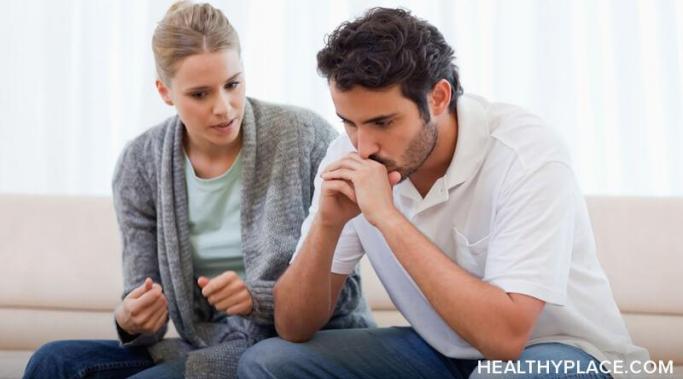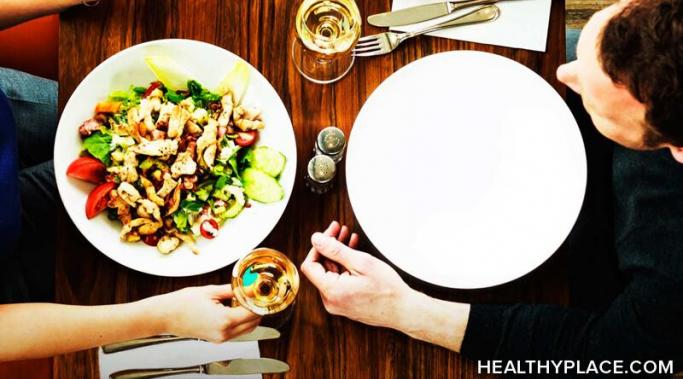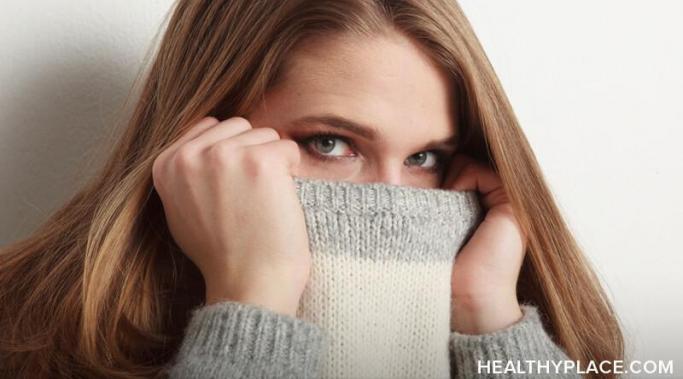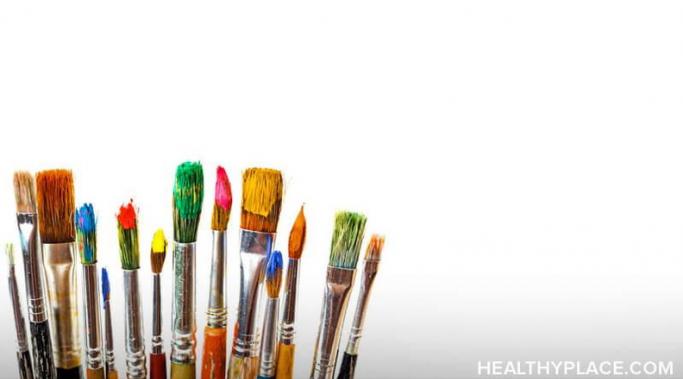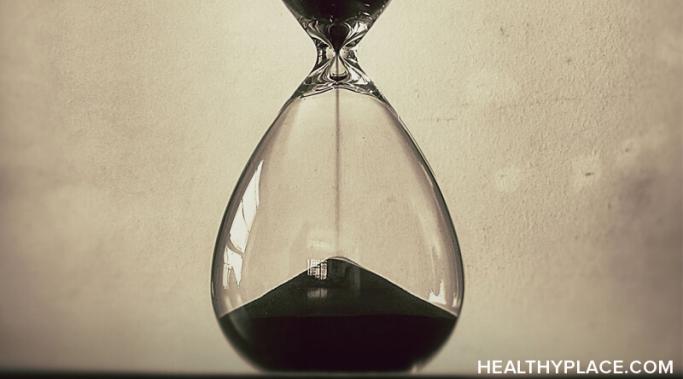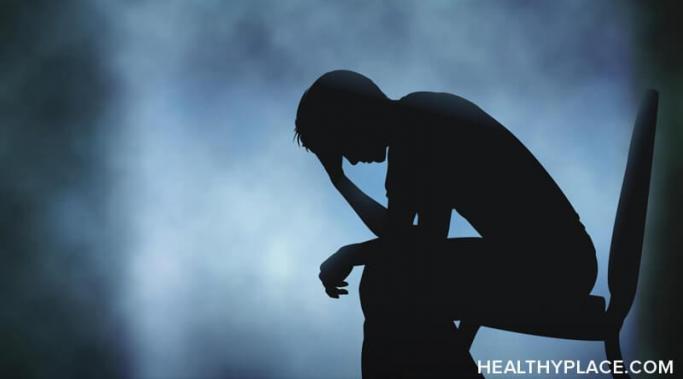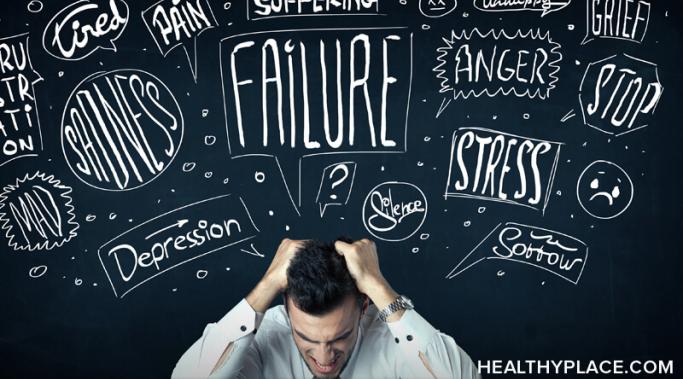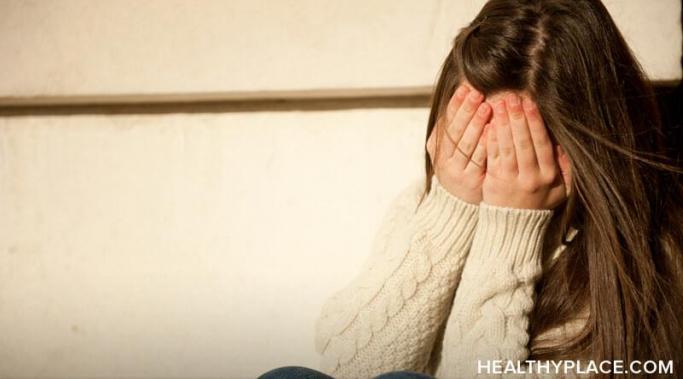Blogs
Binge eating at festivals used to be an issue for me. Festivals have always been a highlight of my year. The joy, laughter, and abundance of food make these times special. However, for many years, the celebration was marred by my struggle with binge eating. Learning to manage binge eating at festivals was not easy, but through personal experience and practical strategies, I have found ways to enjoy festivals without overindulging. Here's how I did it.
When I started seeing a psychiatrist, he said I would get back to life before bipolar disorder (well, I was diagnosed with just depression at the time). He focused on it a lot. He wanted to know how I was doing compared to what I was like "before." But there are so many problems with that thinking. I'm not sure you can ever get back to life before bipolar disorder.
Maintaining friendships is no easy task, and it's all the more difficult when you have a mental illness. I should know; I struggle with double depression and generalized anxiety disorder, and many of my friends have mental illnesses like anxiety, depression, bipolar disorder, attention-deficit/hyperactivity disorder (ADHD), and obsessive-compulsive disorder (OCD). That said, it is possible to sustain friendships even when you live with a mental illness. Here's how my friends and I do it.
In recent years, the practice of intermittent fasting has become a mainstream wellness trend—but while it might prove beneficial for some, intermittent fasting is not an option for my eating disorder recovery. I have been thinking about this lately because intermittent fasting sounds harmless at face value. It's a dietary plan that focuses on when rather than what to eat, which seems reasonable. But I am also self-aware enough to know that even well-intentioned parameters or structures around eating can turn into full-blown restriction. So, intermittent fasting in eating disorder recovery is not for me.
When we experience a stressful situation, we experience a stress response, also known as the fight-flight-or-freeze response. How we respond depends on several factors, but I’ve found that I often freeze in stressful situations. Because of this, I’ve had to learn ways to unfreeze to help me move forward in certain circumstances.
I've used art to manage my mental illness. Art and tapping into creativity is an excellent source of self-therapy. When I was in intensive therapy during a difficult point of my life, I was introduced to art as therapy. I was skeptical at first, but the idea that art could help manage my mental illness and be soothing and stress-relieving opened a new door for me in my recovery.
Taking intentional pauses in my life has been transformative for my self-esteem. For a long time, I struggled with feelings of inadequacy and self-doubt. Life seemed like a relentless race, and I was perpetually out of breath, unable to keep up with its demands. It wasn't until I started taking intentional pauses that I began to see a change in my self-esteem and overall mental health.
Ghosting can affect a person's depression. And while people with mental illnesses like bipolar are known to sometimes ghost others, we, ourselves, get ghosted too. So, what happens to a person's depression when they're ghosted?
Coping with cognitive distortions can be a challenge. In the intricate landscape of our brains, thoughts can often be like tangled balls of yarn, distorting reality and discoloring our perception of the world around us. For those of us coping with depression, these cognitive distortions can become particularly prominent, taking the tangled yarn and weaving a complex tapestry of negativity and despair. It becomes imperative to untwist our thinking and return to a more logical and realistic mindset. In the past year, through training peers about cognitive distortions and mental health wellness, I have come up with a couple of strategies to assist with coping with cognitive distortions.
When you have a history of trauma, dealing with betrayal can feel devastating. We all face betrayals of sorts throughout our lives. Unfortunately, hurt people hurt people. Some parents exploit their children; some spouses have affairs; some friends backstab their childhood besties, etc. Betrayal is all around us. We betray others in small ways; they betray us just the same. Sometimes, it's unintentional. Other times, it's purposeful. Nevertheless, it happens. But add a history of trauma to betrayal, and it's even more detrimental.


